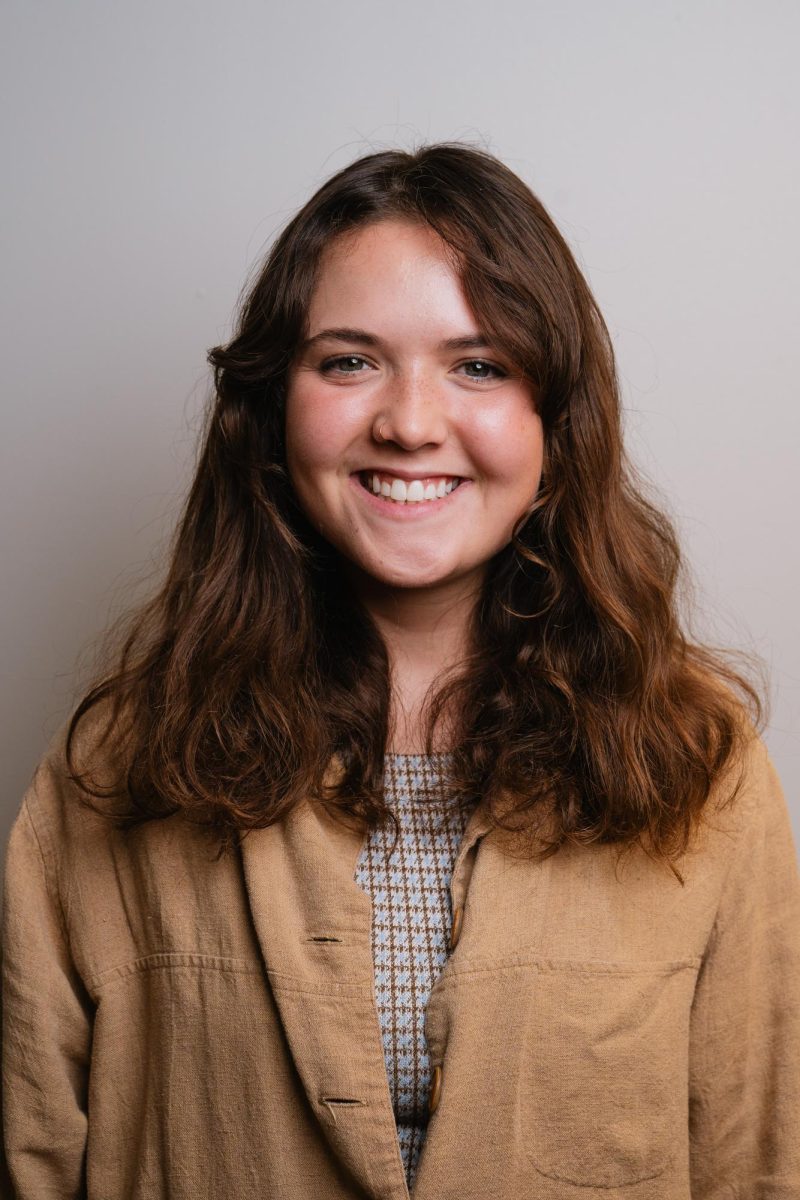Prof works to turn waste into protein
February 4, 2000
Someday, organic-waste water might be able to be processed into a product that could end up on dinner plates, thanks to the research of one ISU professor.
Hans Van Leeuwen, professor of civil and construction engineering, is working on a new fungal treatment for waste water, which could eventually be used as a vegetarian protein supplement or an extender for meat products.
Van Leeuwen said this process, like the active sludge process currently used, removes about 90 percent of the organic pollution in the waste water produced by factories.
“But my process has an added value: fungal protein,” he said.
Leeuwen said fungal protein could be used in many areas in the future, including the manufacturing of human food.
“It is actually a very good quality protein,” he said. “Fungal protein is even of better quality than vegetable protein. It does taste a bit yeasty, but you can use all kinds of condiments to improve the taste.”
Van Leeuwen said the process begins in essentially the same way as the traditional active sludge process. The organic waste water from the factories that manufacture food first must be treated to remove pollutants.
“Pollutants aren’t a specific class of substances,” he said. “They are just misplaced material. In this process, we take out this material and convert it into something useful.”
The benefits of the new fungal treatment of waste water are many. Leeuwen said the new process will be more efficient, produce a valuable by-product and reduce waste.
“One billion tons of organic waste material is produced annually worldwide,” he said.
With the new fungal treatment, the waste material could be converted to fungal protein, using half of that billion tons of waste to produce protein, Van Leeuwen said.
Al Austin, professor of civil and construction engineering, said there are two obstacles that need to be overcome before Van Leeuwen’s process can be used to make a product fit for human consumption.
One is to be able to maintain and control disease and bacterial organisms in the protein, and the other is to educate the people to accept material that was once pollution as a food source.
Van Leeuwen said before offering the protein to humans, the supplement will be tested in pet food, cattle feed and chicken feed.
“We may have to overcome the natural feelings of apprehension toward this idea of creating food out of wastes [before humans will eat it],” he said.
















